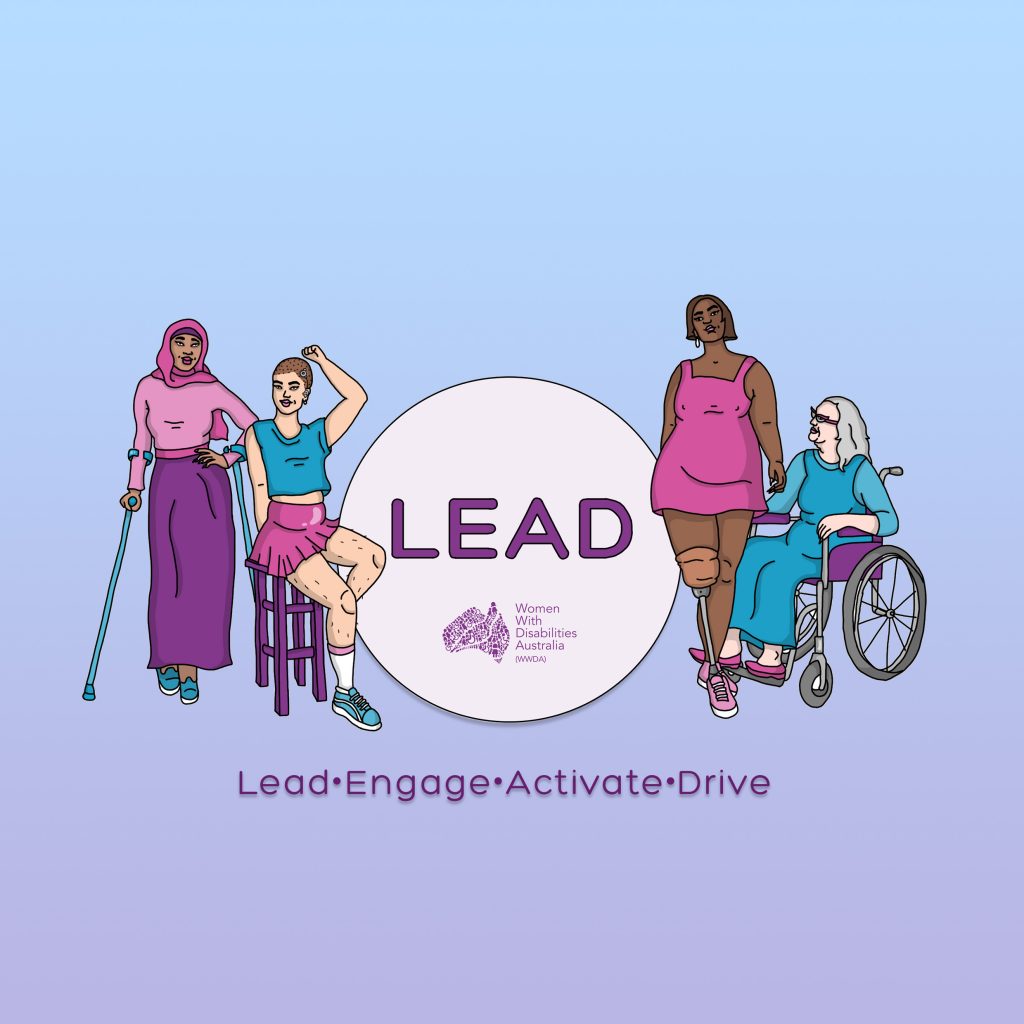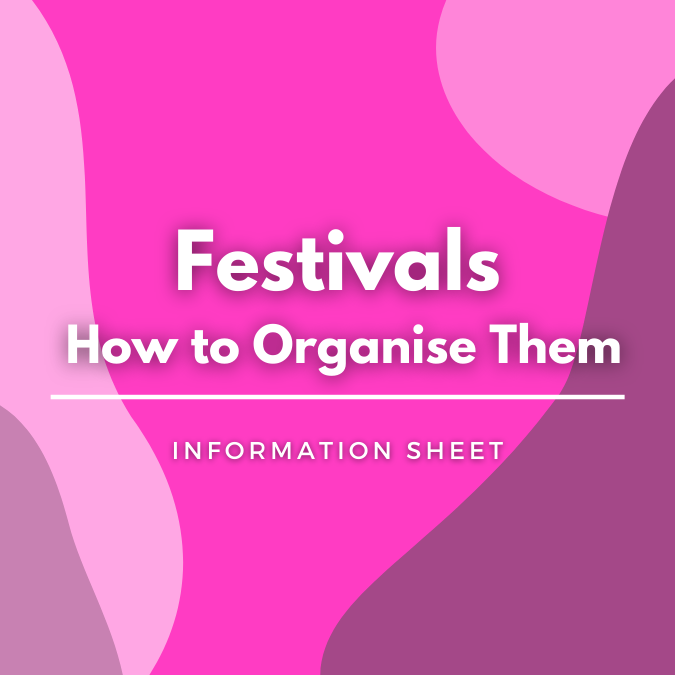Advising Women with Disabilities Australia on best practice terms and conditions for its competition and blog


When people submit their work to an organisation, such as for an art or literary competition, they want to feel confident that their intellectual property rights will be upheld. It is important that the organisation is aware of the submitter’s or entrant’s rights and the organisation’s responsibilities to the entrants. Having terms and conditions that meet best practice standards ensures that the organisation feels comfortable that they are correctly dealing with other people’s intellectual property, and that creators are confident that their rights are being protected.
Arts Law recently advised Women with Disabilities Australia (WWDA), on best practice for its terms and conditions for two different projects they run. WWDA is a national Disabled People’s Organisation for women, girls, feminine identifying and non-binary people within Australia. (Best practice advice provides guidance on fair treatment and outcomes for both parties and to ensure the rights of the artist or author or other creative are protected.) WWDA sought advice for the terms and conditions of a blog that featured posts written by its members, and for the terms and conditions of an art competition it was running. WWDA wanted to ensure that the terms and conditions for both projects reflected best practice standards and were fair to the contributors and entrants.
Donna Robinson, a senior solicitor at Arts Law, went through the terms and conditions with WWDA and suggested some additional terms that could be included. These additions would help both bloggers and entrants of the art prize by clarifying what rights they had and what rights they were giving to WWDA. For instance, it was recommended that the blog’s terms and conditions make it very clear that the contributors own the copyright in their posts, that is their right not to have their works reproduced without their permission, and that the contributors agree to grant a non-exclusive licence to WWDA to publish the posts. To ensure fair treatment of both artists and blog contributors, it is best practice to include a term ensuring that their moral right to be attributed as the creator, would be upheld.
Having clear terms and conditions that meet best practice standards allows the blog contributors and competition entrants to feel comfortable when submitting their work to WWDA and confident that their intellectual property rights will be protected. It also gives WWDA assurance that they are doing the right thing by participants in the Organisation’s initiatives.
Mali Hermans and Heidi La Paglia from WWDA were very pleased with the advice and support they received from Arts Law, commenting:
“Our discussions have increased our confidence levels in dealing with intellectual property and protecting the rights and interests of our members. Women with disability are often exploited or unpaid so it’s important to us that we protect their intellectual property and for any of our members who are Aboriginal or Torres Strait Island it is important to us that their Indigenous cultural and intellectual property is also well protected.”
Arts Law is able to assist organisations and individuals with terms and conditions that meet best practice standards and provides support to entrants or contributors who want their rights explained. As WWDA demonstrates, clear and fair terms create a strong level of engagement between organisations and creators who submit literary or artistic work to the organisation. Arts Law also provides helpful resources on this area, such as an information sheet for bloggers and Website Terms of Use templates.
Information sheet for bloggers: https://www.artslaw.com.au/product/sample-website-terms-of-use/
Website Terms of Use template:https://www.artslaw.com.au/product/sample-website-terms-of-use/




